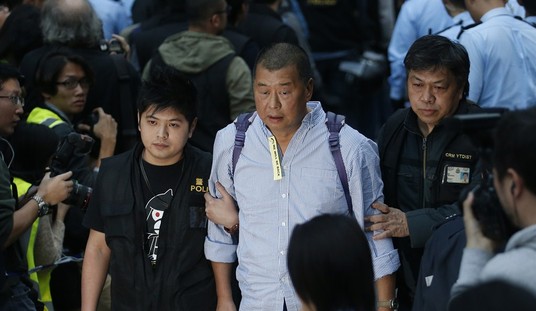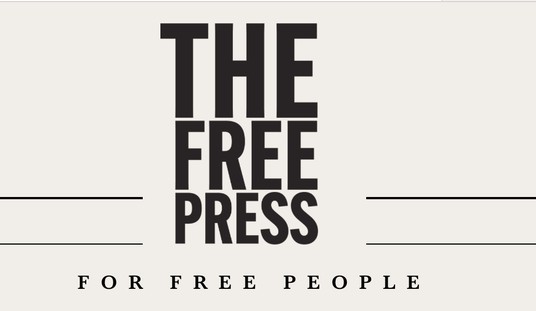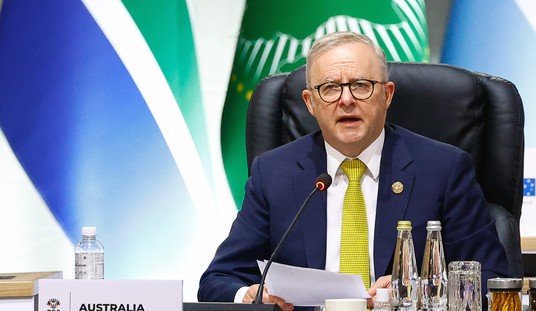Sometimes a concession is so belated that later is not markedly better than never.
According to the Associated Press, United States officials are moving away from describing the separatist forces in Ukraine that operate with Moscow’s logistical, tactical, monetary, and political support “pro-Russian rebels.” The term is misleading and not all that descriptive. Now, when American officials talk about the 15-month-old war in eastern Ukraine precipitated by a Russian invasion, they’re going to use a more apt term to describe the forces fighting Ukrainian soldiers: “Combined Russian-separatist forces.” The move is seen by many as an admission by American officials that Russia is solely responsible for the violence in that nation.
“The State Department used the expression three times in a single statement last week, lambasting Moscow and the rebels for a series of cease-fire violations,” Radio Free Europe/Radio Liberty reported.
AP says U.S. intelligence agencies signed off on the new language last week, after what officials described as increasing evidence of the Russians and separatists working together, training together, and operating under a joint command structure that ultimately answers to Russia.
The shift in U.S. perceptions could have wide-ranging ramifications, including making it harder for Russia to persuade the United States and Europe to scale back sanctions that are hurting its economy, and for Washington and Moscow to cooperate on matters from nuclear nonproliferation to counterterrorism.
Perhaps the American government is coming around to NATO’s rhetorical position on the Russian invasion of east Ukraine. Commanders and spokespeople with the Atlantic Alliance have never minced words about the nature of the new war in Europe, which party was responsible for instigating the violence, and the fabricated nature of the supposedly organic insurgency that sprung up in Donetsk and Lugansk after Moscow invaded and annexed the Crimean Peninsula.
In fact, NATO Supreme Allied Commander Gen. Philip Breedlove is taking his tough talk about the situation in Ukraine to Congress. This week, the Air Force general warned that the renewed violence in that former Soviet Republic signaled the start of a new offensive by Russian-backed forces, and the United States must respond to the threat posed by Russia by increasing its deterrent capabilities in the region.
“We also know [Vladimir] Putin only responds to strength and seeks opportunities in weakness,” the NATO commander said. “We must strengthen our deterrence in order to manage his opportunistic confidence.”
According to a Wall Street Journal report, Breedlove observed that post-Cold War cuts to American defense posture in Europe have likely emboldened Russia’s leader and enabled his ambitious European adventurism. “The forces in Europe over the last 20 years have been sized for a situation where we were looking at Russia as a partner,” he remarked. “What we see now is that Russia has demonstrated it is not a partner.”
As recently as early February, President Barack Obama reiterated his insistence that his administration was still carefully weighing the options and may yet decide to transfer lethal aid to the Ukrainian military. But keeping that hope alive at this stage is a cruel jest. The president made a determination long ago that the already aggressive and expansionist Putin government would only grow more erratic if it faced the prospect of a flood of American arms into Ukraine. As a result, the White House has chosen to stand down in Ukraine without saying as much.
As Breedlove noted, Russia’s simple aim is to compel Kiev to reorient itself away from the European Union and back into Moscow’s embrace. The fighting and provocations will continue until that happens, regardless of whether Kiev has access to U.S. weaponry.








Join the conversation as a VIP Member